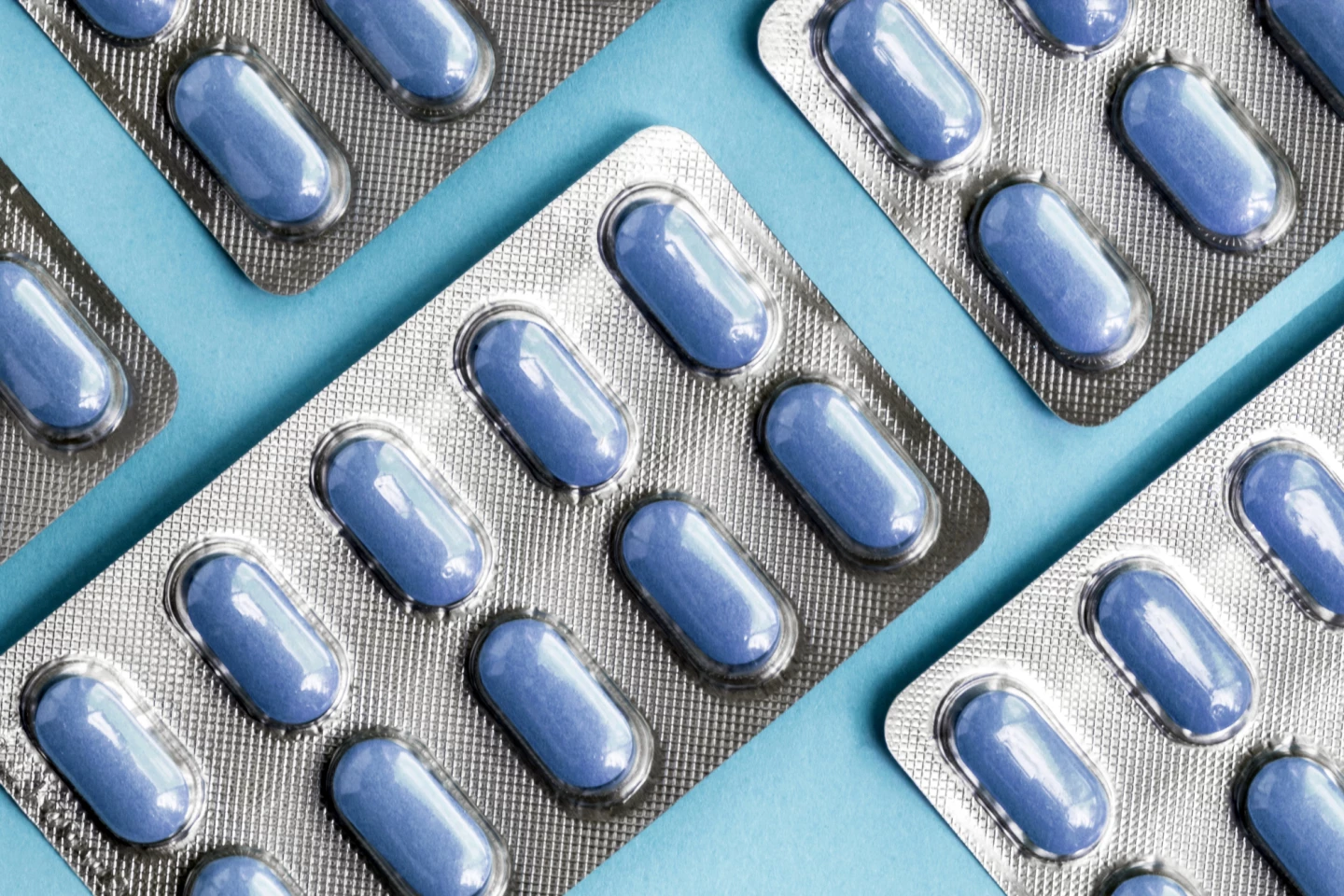After comparing the long-term effects of the psychedelic psilocybin and a commonly prescribed antidepressant, new research found that both significantly reduced depression. However, psilocybin provided something more: a significant boost to quality of life.
In 2021, New Atlas reported on what was then a first-of-its-kind clinical trial comparing two decidedly different treatments for depression: a commonly prescribed antidepressant, escitalopram (sold as Lexapro), and psilocybin, the psychedelic ingredient in magic mushrooms.
Now, the researchers from the Center for Psychedelic Research at Imperial College London (ICL) have undertaken a follow-up study to evaluate the longer-term effects of both treatments on depression and quality of life.
“This is the first work to compare the long-term effects of these two drugs in the context of overall well-being, not just freedom from depression,” said Tommaso Barba, a PhD candidate and the study’s co-lead and corresponding author. “In previous work, we had found that both treatments led to comparable improvements in alleviating symptoms of depression at the six-week mark, such as sadness and negative emotions. However, this work shows that psilocybin outperformed escitalopram in several measures of well-being, meaning in life, work, and social functioning.”
Escitalopram is a selective serotonin-reuptake inhibitor or SSRI, one of the most often prescribed types of antidepressants. As their name suggests, SSRIs inhibit the reuptake of serotonin, the naturally produced mood-altering chemical, by nerve cells so that more of it is circulating in the brain. While SSRIs can be great for treating the symptoms of depression, they can have side effects, the most common being sweating, upset stomach, dry mouth, and sexual problems such as reduced sexual desire, trouble reaching orgasm or trouble getting and maintaining an erection. Then, there are people, estimated to be around 30%, for whom SSRIs don’t work at all.
Fifty-nine participants with moderate to severe depression were involved in the original study and randomly assigned to one of two treatment groups. One group received two high-dose (25 mg) treatment sessions with psilocybin, administered with support from a therapist. The other took daily doses of escitalopram (10 mg for three weeks, then 20 mg for a further three weeks) as well as psychological support, including dosing sessions with placebo-like 1-mg doses of psilocybin. The escitalopram group received what is considered the current ‘gold standard’ treatment for depression: drug therapy combined with psychotherapy. Each treatment group received around 20 hours of psychological support in total.

Because the original study stopped collecting data at six weeks, the purpose of the present study was to investigate the participant’s responses to their assigned treatment in the longer term. The researchers found that both treatment groups showed a significant reduction in depressive symptoms up to six months after treatment. However, those taking psilocybin reported significantly greater sustained improvements in social functioning, psychological connectedness, and meaning in life over that time than those taking escitalopram.
“This is important because improving connectedness and having greater meaning in life can significantly enhance a person’s quality of life and long-term mental health,” said Dr David Erritzoe, Clinical Director and Deputy Head of ICL’s Center for Psychedelic Research and co-lead author of the study. “The study suggests that psilocybin therapy might be a more holistic treatment option for depression, addressing both the symptoms of depression and overall well-being. This could make a substantial difference in the overall happiness and daily activities of those suffering from depression, providing a more joined-up approach to mental health treatment.”
When they did an item-level analysis to ascertain the most responsive domains of functioning, the researchers found that domains linked to home management, social and private leisure activities, and meaningful relationships responded more strongly to psilocybin treatment than treatment with escitalopram.
The researchers are well aware of two major limitations to the study: missing data, partly due to the COVID-19 pandemic, and a lack of comprehensive details on participants’ use of antidepressants/psychedelics/therapy during the follow-up period, which may have confounded the researcher’s ability to attribute differences between treatment conditions. And, in addition, participants’ self-reporting introduces subjectivity to the data.
The researchers note that psilocybin is still an experimental treatment for mental health conditions, and, in this study, it was administered in a highly controlled, protected environment that is not found with recreational drug use.
The study was presented at this year’s European College of Neuropsychopharmacology (ECNP) Congress in Milan, Italy, and was published in The Lancet journal eClinicalMedicine.






